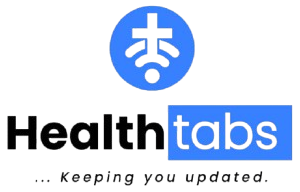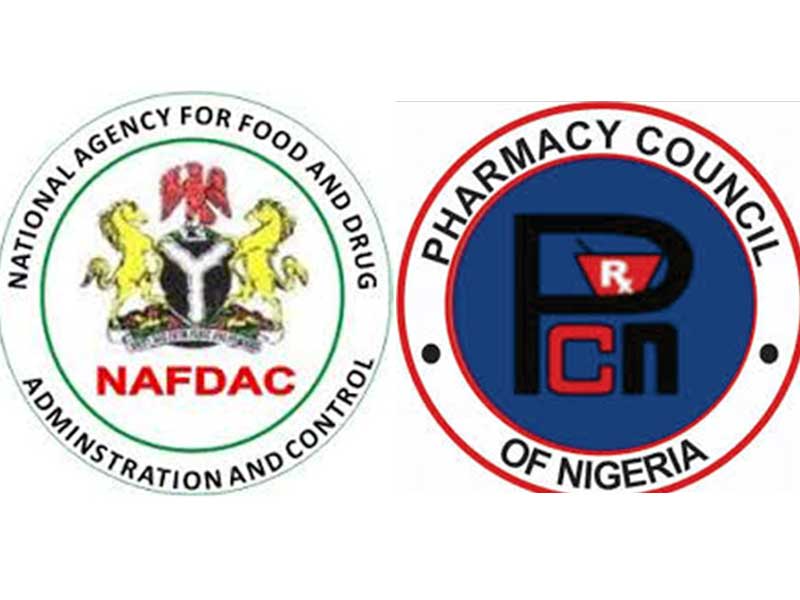The Nigerian pharmaceutical sector faces a growing challenge, the unchecked spread of substandard and falsified medicines. A key contributor to this crisis is the inconsistency in policies regulating the industry, particularly in the oversight of Proprietary and Patent Medicine Vendors (PPMVs).
Despite massive patronage by the populace as a form of primary care provider, PPMVs operate with limited authorization, making them a crucial but often unregulated source of medications. Poor regulatory enforcement has allowed substandard and falsified drugs to flood the market, endangering public health.
The National Agency for Food and Drug Administration and Control (NAFDAC) is tasked with overseeing drug registration, importation, manufacture, and quality control, as outlined in the NAFDAC Act. Similarly, the Pharmacy Council of Nigeria (PCN) regulates and controls pharmacies and dispensing premises under the PCN Act 2022. However, policy inconsistencies have weakened their collective ability to ensure drug safety.
The consequences of these failures have been devastating. In her 2017 inaugural speech, Professor Mojisola Adeyeye, the Director-General of NAFDAC, shared the tragic story of Okechi, a young woman who nearly lost her life at the University of Nigeria Teaching Hospital, Enugu, due to a falsified drug.
Similarly, Late Professor Dora Akunyili, a former NAFDAC Director-General (2001–2008), was propelled into action after witnessing the death of her diabetic sister in 1988 from counterfeit insulin. These cases reflect a broader crisis where countless Nigerians suffer from the consumption of fake medications.
NAFDAC has made efforts to combat this issue, as seen in the recent crackdown on open drug markets in Idumota (Lagos State), Onitsha (Anambra State), and Aba (Abia State), leading to the closure of approximately 8,000 unlicensed PPMV outlets. However, regulatory gaps persist. Adeyeye has admitted that previous enforcement efforts lacked a sustainable framework, which is why the agency has now developed a National Action Plan to Mitigate Substandard and Falsified Medicines.
A major policy failure has been the inconsistent regulation of PPMVs. At various times in the past, oversight of PPMVs was shifted from the PCN to state governments, which led to a lack of uniformity in enforcement and the proliferation of open drug markets.
This regulatory uncertainty enabled many unqualified individuals to enter the drug distribution sector, treating it as a business rather than a public health service. Yet, under the 1999 Nigerian Constitution, drug regulation falls under the Exclusive Legislative List, meaning it is beyond the jurisdiction of state governments.
One promising initiative to curb the spread of substandard medicines is the Coordinated Wholesale Centre (CWC) model. In 2024, open drug markets in Kano State successfully relocated to the CWC in Dangwauro, ensuring better regulation and oversight. NAFDAC and PCN are now advocating for similar CWC implementation in Lagos, Anambra, and Abia, where open drug markets remain a significant concern.
The Presidential Committee on Pharmaceutical Sector Reform (PCPSR), established in 2003, was instrumental in shaping policies to restructure Nigeria’s drug supply chain. One of its key recommendations was the National Drug Distribution Guidelines (NDDG), which mandated the relocation of open drug markets to CWCs.
While serving as Minister of Health, Professor Isaac Adewole set a 2018 deadline for compliance, yet enforcement has not been totally successful.
To effectively combat the menace of substandard and falsified medicines, Nigeria must:
1. Fast-track the establishment of CWCs in Lagos, Anambra, and Abia to ensure proper supervision of drug sales and distribution by NAFDAC and PCN.
2. Enforce policy consistency by maintaining regulatory control of PPMVs under the PCN and NAFDAC, rather than shifting responsibilities to state governments.
3. Strengthen enforcement mechanisms to prevent illegal drug sales and close loopholes exploited by counterfeit drug merchants.
4. Promote sustained policy implementation, ensuring that regulatory efforts do not collapse with changes in leadership.
Addressing these challenges requires a multi-agency approach, where NAFDAC, PCN, and other stakeholders collaborate to create and enforce policies that prioritize public health over commercial interests. Only through consistent, well-enforced policies can Nigeria hope to eliminate the menace of substandard and falsified medicines.




